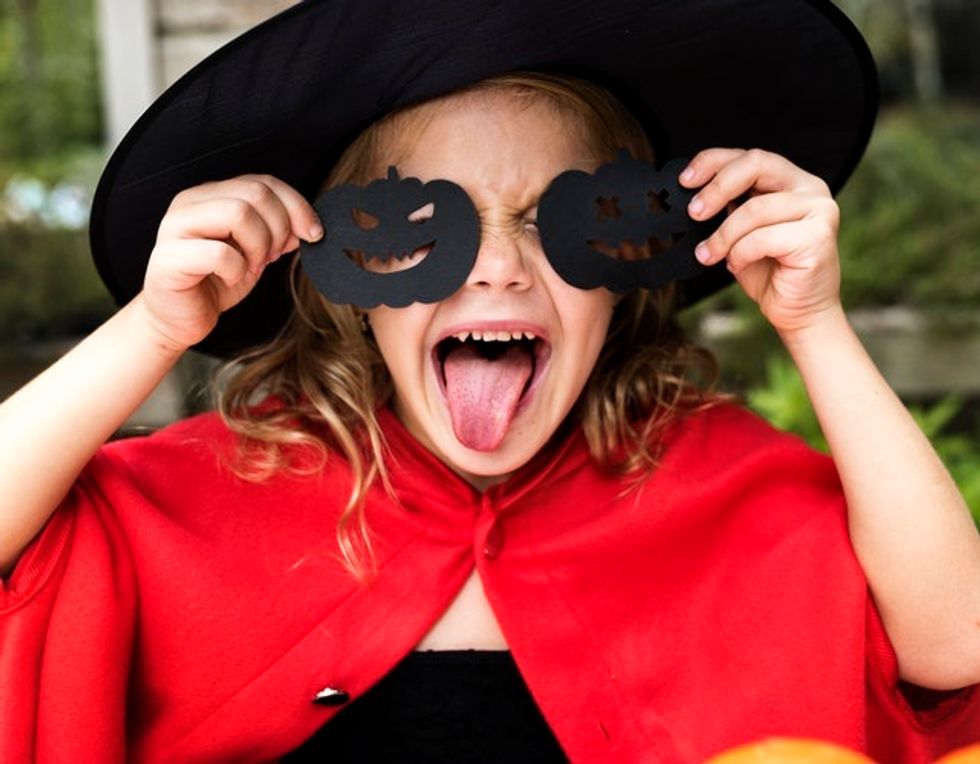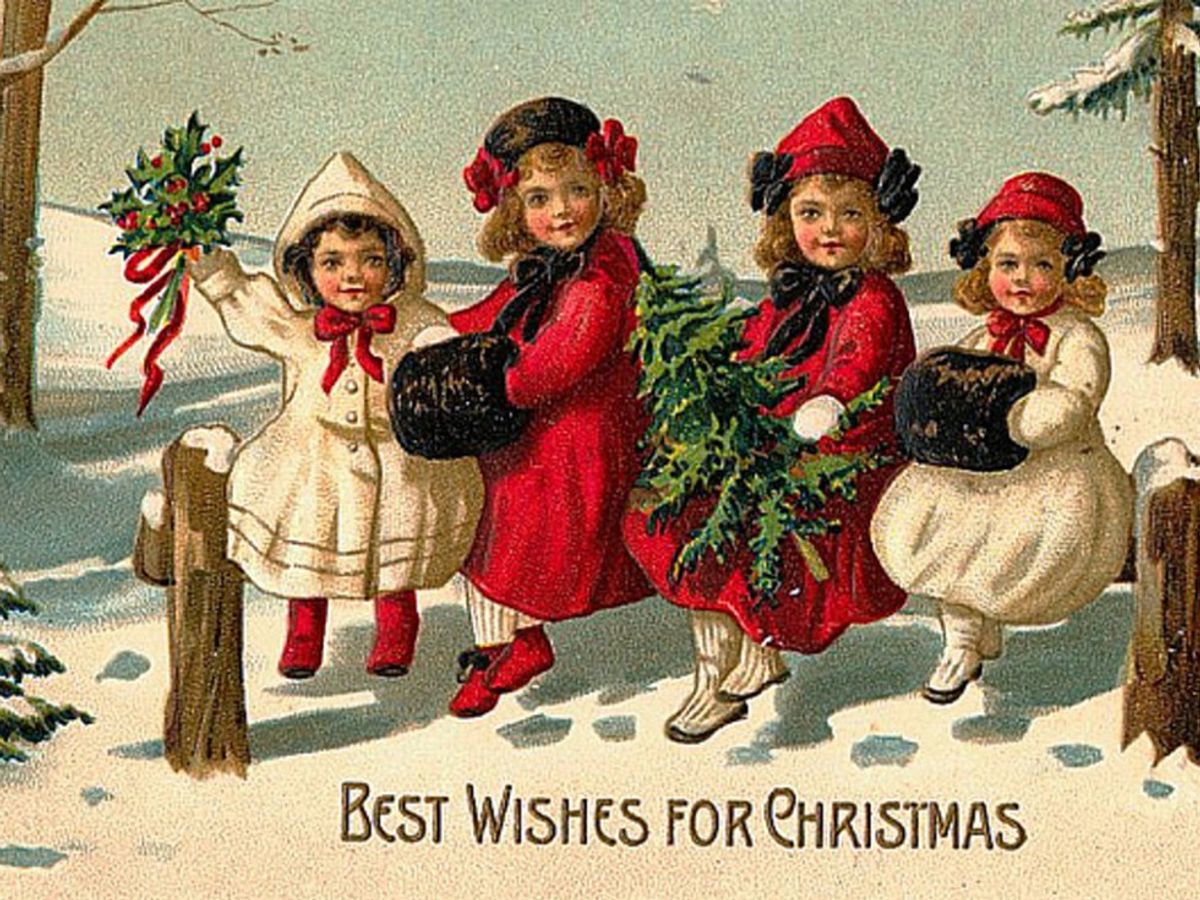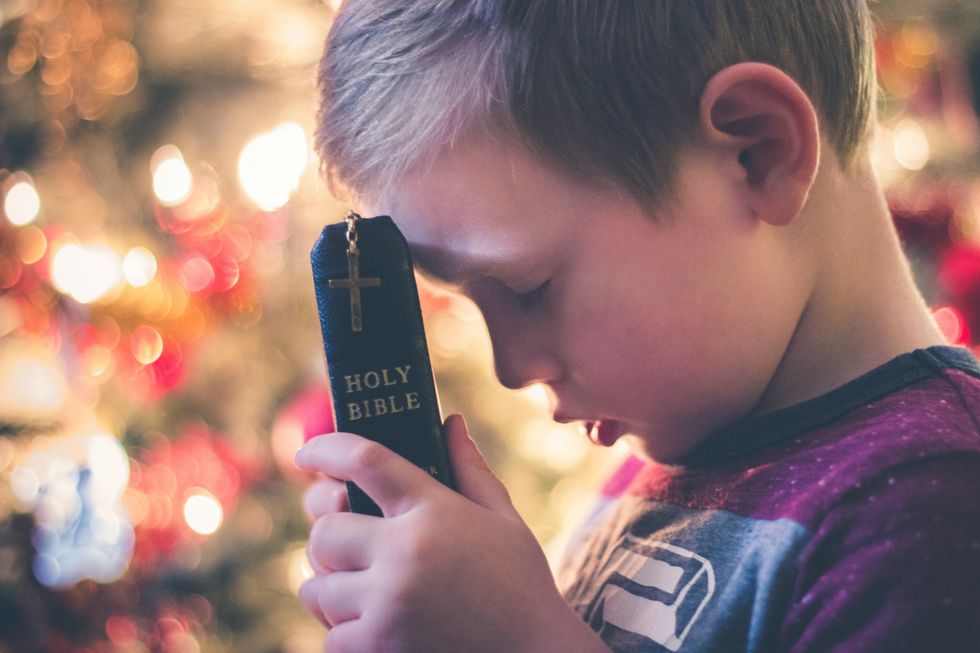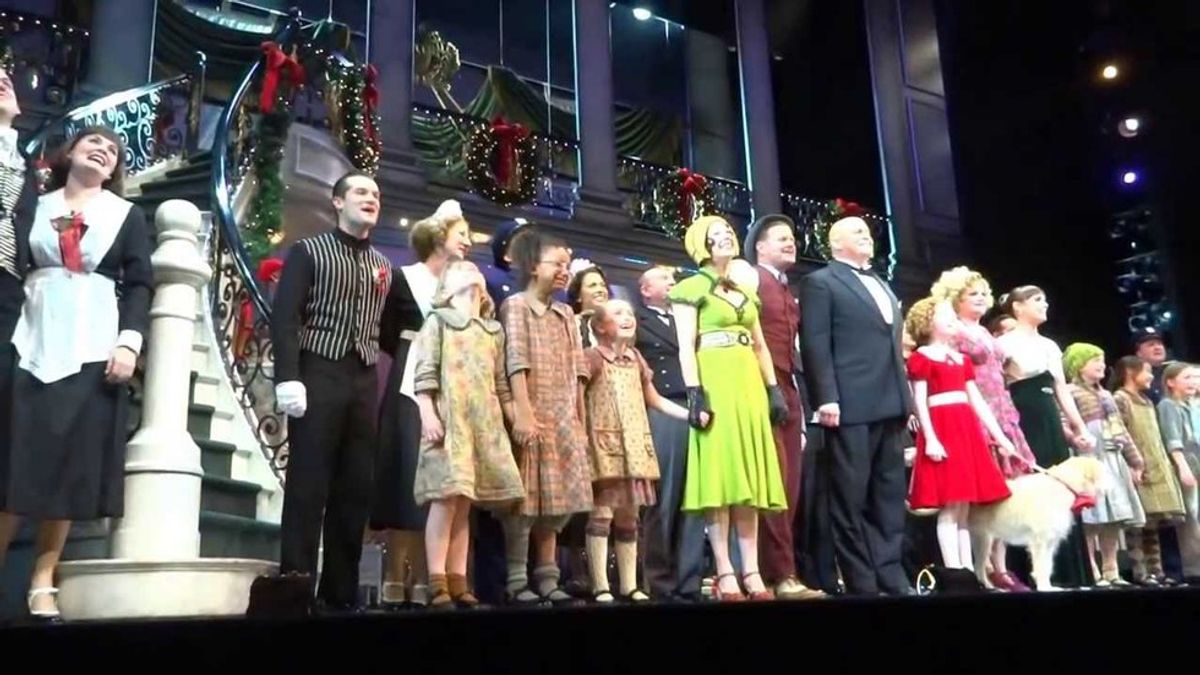The guy penning this piece is an unapologetic, unashamed nerd from way back. I love The Lord of the Rings and Harry Potter, I grew up playing with Yu-Gi-Oh cards and getting logged on to "Rune Scape" as often as I could. I have always enjoyed fantasy stories with heroes, wizards, monsters, goblins, and the usual characters that can immediately be brought to mind when one thinks of fantasy.
This was true of me when I was a boy and is true of me now in many respects. But there has been the discussion in the world and in the church on the subject of the enjoyment of things such as this and the themes at play within them that has been going on since the Harry Potter movies were becoming really popular when I was a kid. Truthfully, they were going on before that, but that is when I first began to hear them.
Many Christians, like me, are very big fans of things like Harry Potter where the main characters are referred to as "witches and wizards" that of course participate in magic. Other believers, whose viewpoints I personally do not share but I certainly understand and respect as their brother in Christ, consider the celebration of things like the Harry Potter franchise and having a fondness for certain characters and themes in the story to be nothing more than an exaltation of witchcraft and an affirmation of the occult as acceptable. This debate, I believe, in no way represents a hill that Christians should die on with respect to their doctrine or their relationships with their brothers and sisters in Christ.
Nevertheless, I don't think this to be something so peripheral that no real discussion or consideration of it is warranted. After all, a fairly sizable ethical matter is brought into view with this. How should those who follow Jesus think about magic, witches, wizards, and the occult? For purposes of this piece, which I intend to be a very brief exploration of the issue in question, I will seek to answer this question: "what qualifies as witchcraft?"
With that, an objection could arise that I haven't yet probed deep enough to raise the aforementioned question. After all, we haven't covered the moral permissibility of practicing the occult. Is it immoral, a sin against God, to dabble in the occult or in witchcraft? Does that matter to God under His objectively good, holy moral law or is it on the plain of taste and subjectivity, occupying virtually the same space as the preference for chocolate ice cream or vanilla ice cream? Biblically, it is certain that God does not permit His people to participate in witchcraft or any form of occult behavior. First I will define "occult behavior" and then I will provide Biblical support for the earlier claim of its Biblical clarity of being sinful in God's sight.
I would also consider the religion of Wicca and the New Age as examples of witchcraft. With that said, some of the Biblical texts that argue against dabbling in the occult as being an act of evil are Deuteronomy 18:9-12, Isaiah 47:10-14, and Leviticus 20:27. The first text that I mentioned, from Deuteronomy 18 is probably the best text that discourages the practice of the occult in the Bible, and it reads as follows: "When you come into the land that the Lord your God is giving you, you shall not learn to follow the abominable practices of those nations. There shall not be found among you anyone who burns his son or his daughter as an offering, anyone who practices divination or tells fortunes or interprets omens, or a sorcerer or a charmer or a medium or a necromancer or one who inquires of the dead, for whoever does these things is an abomination to the Lord. And because of these abominations the Lord your God is driving them out before you." (Deuteronomy 18:9-12, ESV)
Why are such practices wrong in a moral context from a Biblical perspective? Three things.
One, the participation in the activities mentioned in Deuteronomy 18:9-12 is to directly participate in a sort of reverence for that which is demonic in origin and therefore to hold in one's heart a higher regard for something of unalloyed wickedness than for God, who is necessarily perfect, holy, and pure.
Two, the Bible's continual teaching is that mankind is demanded of God to trust in Him first and foremost and to depend on Him for all things in life, indeed even for life itself, since He is omnipotent, sovereign, and has the good of the believer as a primary passion in His holy heart. Dealing in the occult is to trust in evil forces of darkness and impurity for a perceived need rather than trusting in God for the sort of deep life that is deeply longed for.
Third and finally, many deals in practices of witchcraft and occultism because they feel as if they need some sort of power that, for them, is at an inappropriately high level on their priority list and so they go anywhere and everywhere to obtain it. They feel a need for power over other people and proceed to put some sort of hex on them, for example. There is much more that may be said or written on this topic, but as a very basic primer on this concept, we have enough to conclude that such a thing, a thing that draws a person's from trust from God, pulls them to favorably consider the demonic, and gives their hearts inappropriately high thirsts for power and control, is wrong and should be treated as minefield for one's soul rather than something to be enjoyed and reckoned as a good source of good life.
I'm using the terms the occult and witchcraft interchangeably in this article, but it may be the case that they are different things when one probes deeper. They are often connected and linked so closely, and so I am using both to describe the same phenomenon.
So we have established what sorts of things would count as being practices that could rightly be considered witchcraft or occult behavior. In light of that, is it fair to say that enjoying Harry Potter as a universe in film and literature and appreciating things like it is to celebrate witchcraft? My view that I will argue is that it is not and that the church ought to drop the idea that it is. Three things…
One, Harry Potter's primary themes that are easily perceived are themes like the value of friendship, the triumph of what is good and hearty over that which is villainous and cold, the hero's journey, the value of self-sacrifice and courage, and so forth. Thematically, JK Rowling never gives an exaltation of the real, demonic sort of occultism that exists in the actual world. (i.e hexes, curses, communicating with demons, etc.) Two, the magic that is practiced and communicated as intriguing and potentially good in the Harry Potter universe doesn't resemble the kind of magical practice and witchcraft that exists in real life. Three, magic in the Harry Potter universe is enigmatic, but not obscure and associated with darkness like the pagan occultism warned about in Deuteronomy 18 or even modern occultism for that matter. That kind of witchcraft often concerns dreary themes like death and suffering or other principles and practices like the emptying of one's mind, chanting, the sacrifice of animals, or the exaltation of some dark reality for some sort of gift, reward, or gain of power or control. As far as I can tell, the Harry Potter universe, being very much one of fantasy, doesn't portray magic as being something intimately tied to demons, Satan himself, or things that are expressed in real magic and occultism.
With that said, Christian parents have total freedom over what they are and are not willing to permit their children to watch on TV, listen to on the radio or their phone, or line their shelves with. Should a godly couple find it best in their own judgment to avoid something like Harry Potter due to even the mere fact that the word "witch" appears in the story, they have done nothing wrong and are acting according to their liberty in Christ and are practicing a level of discernment about the media environment their kids will inhabit. On the other hand, if a couple finds value in Harry Potter's themes and portrayals of friendship, moral virtue, boldness, integrity, heroism, the age-old battle between good and evil in which the good always claims victory, and the like and they desire that their child's heart possess the ability to dream and have vast, decorated imagination, they have done nothing sinful or occult in the slightest by walking through Harry Potter with their kids. In this, as there often is in peripheral issues, there is Christian liberty and the Biblical exhortation to practice wisdom and discernment and to simply look out for the best interests of the children and the family, all to the glory and magnification of God's holy name and inerrant Word.
In conclusion, I would say that there are things taking place in our environment and even in the church itself that are occult and so it is right to condemn them and call them out as being sinful and displeasing to the Lord. Christians absolutely should not play with Ouija boards. Followers of Jesus should avoid becoming tangled up with tarot cards, fortune tellers, psychics, and other forms of astrology or divination. Those who proclaim passion for the holiness of God should trust God and not deal with things that are demonic and explicitly pagan in their purposes and practices. However, it is unfair to make up unbiblical ethical imperatives that claim that it is sinful to enjoy fiction stories that mention magical characters and creatures.
In this discussion is absolutely essential to honor the Biblical principles of the importance of respecting individual Christian conscience, of Christian liberty, of gentleness and respect for others, and of consideration of the difference between primary issues and peripheral, secondary issues of doctrine, ethics, and theology.




 Christmas and New Year gift card
Photo by
Christmas and New Year gift card
Photo by  butter cookies on plate
Photo by
butter cookies on plate
Photo by  boy holding Holy
boy holding Holy 










